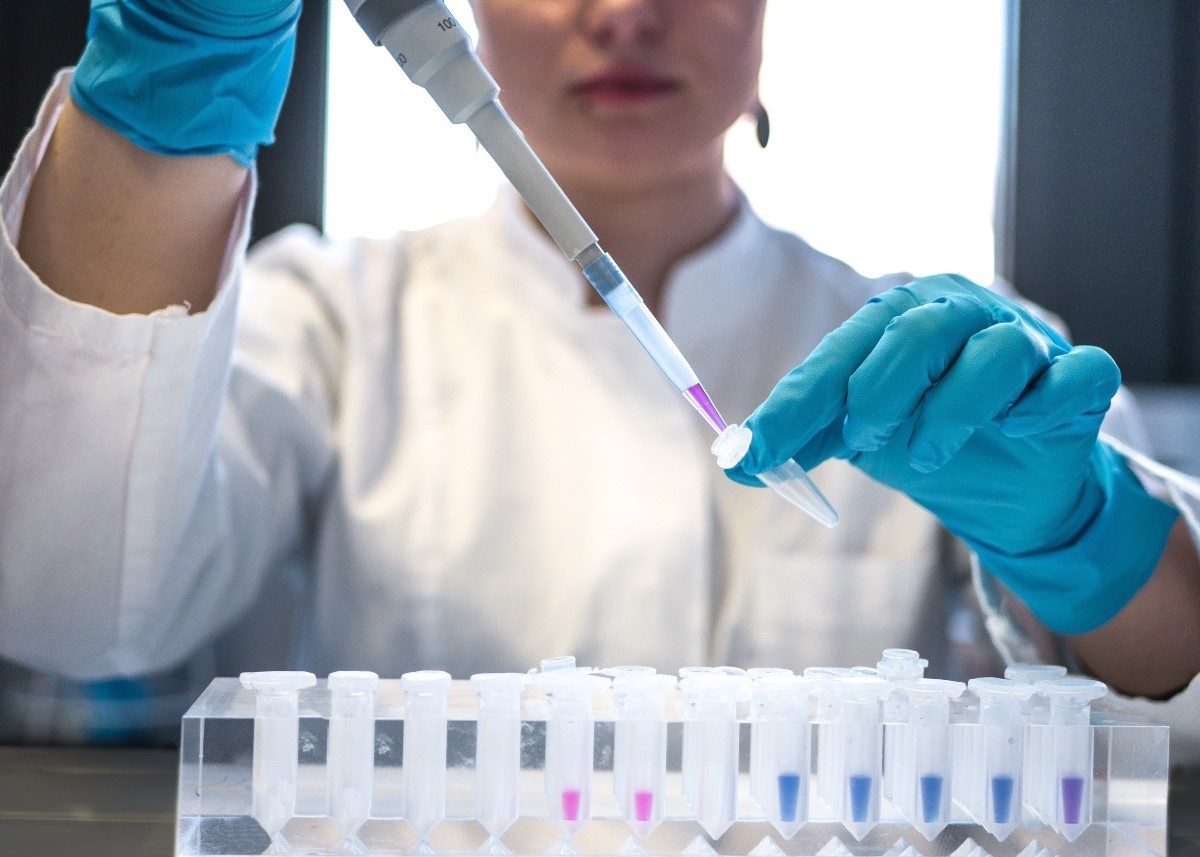Researchers have found a possible link between antibiotic use, gut bacteria and the speed of breast cancer growth in mice.
Researchers have found a possible link between antibiotic use, gut bacteria and the speed of breast cancer growth in mice.

Using antibiotics
Researchers funded by Breast Cancer Now have found that treating mice with broad-spectrum antibiotics increased the rate at which breast cancer tumours grew in them.
Through further investigation, the team from the Quadram Institute and the University of East Anglia also found a type of immune cell that could be targeted to reverse this.
The hope is that this research could help refine how antibiotics are used in breast cancer treatment. It could also help uncover ways to counteract the negative effects that certain antibiotics could have on breast cancer.
Antibiotics have an important role in fighting infections. The benefits of taking antibiotics to prevent and treat infections outweigh the risks of antibiotics use.
Gut bacteria and their role
Chemotherapy can reduce the number of white blood cells in the blood, making people more susceptible to infections. Antibiotics are prescribed to breast cancer patients to help control any infections that may arise during treatment.
Dr Stephen Robinson and PhD student Alastair McKee discovered that breast tumours grew faster in mice that were given a cocktail of five antibiotics or broad-spectrum antibiotic cefalexin on its own, compared to mice that didn’t receive this treatment.
They found that antibiotics disrupted the healthy balance of bacteria in the gut which affected the growth of breast cancer tumours.
Dr Stephen Robinson explained: ‘This research further demonstrates the important role a healthy gut microbiota plays in regulating the body’s response to disease, and that antibiotics play a significant role in unbalancing a healthy gut microbiome. Our research has shown that losing “good” bacteria in the gut, as the result of antibiotic use, can lead to an increased rate of breast cancer growth.’
Dr Simon Vincent, Director of Research, Support and Influencing at Breast Cancer Now, added: ‘Whilst the link between antibiotics and breast cancer growth may sound alarming, we want to remind everyone affected by breast cancer that this is early research, currently tested only in mice. Much more work is needed to understand the complex relationship between gut bacteria and breast cancer.’
Finding the source
The researchers then investigated how antibiotics may lead to this increase in breast cancer growth to see if there are ways to counteract it.
They discovered that breast cancer tumours in mice treated with antibiotics contained larger numbers of a type of immune cell called mast cells. Blocking the function of these immune cells with a drug called cromolyn reversed the effect of antibiotics and reduced the faster growth of the tumours.
Stephen explained: ‘We believe there is a complex immune element to this mechanism involving mast cells, a type of cell whose role in many cancers is not yet fully understood. Therefore, future studies will focus on understanding the possible role of these cells as well as looking into the effects of introducing probiotics into the experimental models we use.’
The researchers will now work to understand where the increase in mast cells is coming from and why the disruption of the gut bacteria causes an increase in mast cells.
‘This research provides crucial insight, and we must now further investigate the effect of antibiotics in breast cancer treatment so that we can find the best way to stop tumours from growing,’ added Simon.
Currently, there is no evidence that antibiotics cause breast cancer to spread in humans. The advantages of using antibiotics to fight infections outweigh the risks.
This research was published in the journal iScience.
Breast Cancer Now would like to thank Asda for funding this project.
If you have any concerns about breast cancer or antibiotic use, you can speak to our expert nurses on our free Helpline at 0808 800 6000 or by using our confidential Ask Our Nurses service.